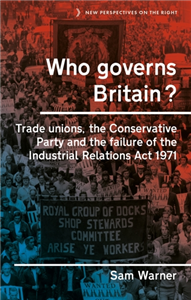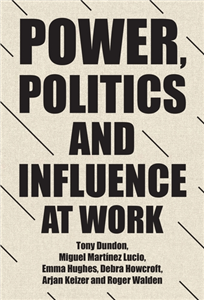Making work more equal
A new labour market segmentation approach
by Damian Grimshaw, Colette Fagan, Gail Hebson, Isabel Tavora
This book presents new theories and international empirical evidence on the state of work and employment around the world. Changes in production systems, economic conditions and regulatory conditions are posing new questions about the growing use by employers of precarious forms of work, the contradictory approaches of governments towards employment and social policy, and the ability of trade unions to improve the distribution of decent employment conditions. The book proposes a 'new labour market segmentation approach' for the investigation of issues of job quality, employment inequalities, and precarious work. This approach is distinctive in seeking to place the changing international patterns and experiences of labour market inequalities in the wider context of shifting gender relations, regulatory regimes and production structures.














